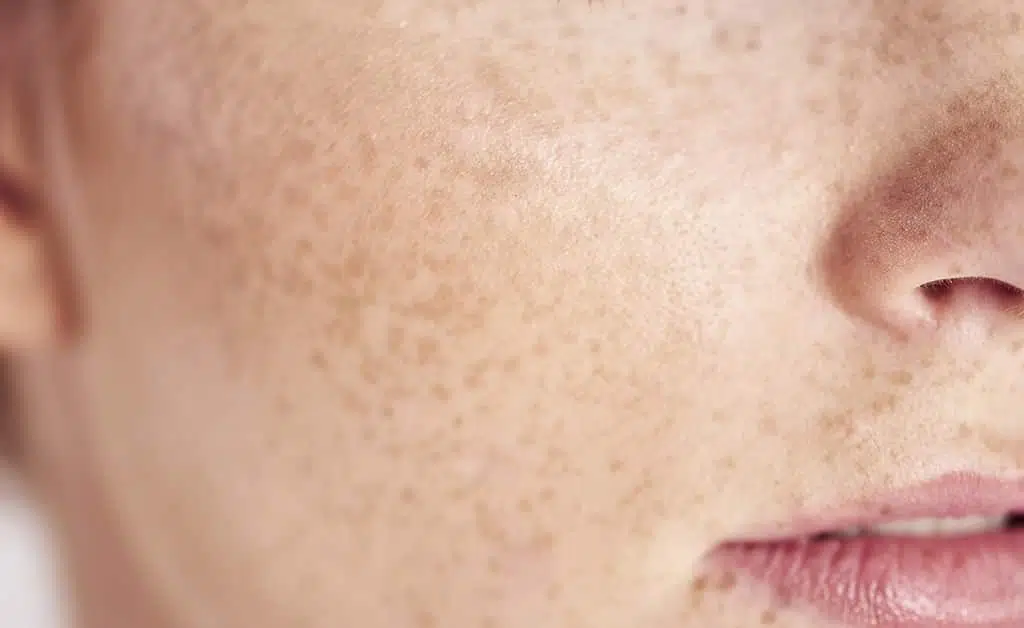Is Pigmentation a Permanent Skin Condition?
Pigmentation refers to the coloring of the skin caused by melanin, a pigment produced naturally by the body. When melanin is distributed unevenly, it can lead to dark patches, spots, or discoloration. While pigmentation is common and often harmless, many people worry about whether it is permanent or if it can be treated successfully. With the rise of advanced skincare solutions, individuals now have more options than ever, especially with access to professional Pigmentation Treatment In Dubai, where specialized approaches target both surface-level and deeper pigmentation.
Can Pigmentation Go Away on Its Own?
In some cases, pigmentation may fade naturally over time, particularly if it is caused by temporary factors. For instance, post-inflammatory hyperpigmentation, which appears after acne or skin irritation, often lightens gradually as the skin heals. However, deeper pigmentation conditions such as melasma or chronic sun damage are less likely to disappear without professional intervention. This is why many people turn to dermatological treatments to achieve visible, lasting results.

Factors That Influence Permanency
Whether pigmentation is permanent or temporary depends on several factors:
- Cause of pigmentation – Hormonal pigmentation such as melasma may persist without targeted treatment, while temporary dark spots may fade.
- Depth of pigmentation – Surface-level pigmentation is easier to treat, while deeper layers often require advanced therapies.
- Skin type and tone – Darker skin tones may be more prone to long-lasting pigmentation.
- Sun exposure – Ongoing UV exposure can worsen pigmentation and make it harder to fade naturally.
- Lifestyle habits – Skincare, diet, and environmental exposure all play roles in pigmentation persistence.
Types of Pigmentation and Their Duration
Not all pigmentation behaves the same way. Common examples include:
- Post-inflammatory hyperpigmentation (PIH) – Often temporary, fading with time or treatment.
- Freckles and sunspots – Usually long-lasting unless treated professionally.
- Melasma – A recurring condition influenced by hormones and sun exposure.
- Age spots – Permanent unless treated with medical procedures.
Understanding the type of pigmentation is the first step in deciding whether it can be managed at home or requires professional care.
Professional Treatments That Deliver Results
The good news is that pigmentation is rarely untreatable. Thanks to advancements in dermatology, there are several effective options for reducing or even eliminating pigmentation:
- Laser therapy – Breaks down melanin deposits and promotes new, healthy skin growth.
- Chemical peels – Gently exfoliate the skin, revealing clearer layers underneath.
- Topical solutions – Prescription creams with active ingredients that lighten dark spots.
- Microneedling with serums – Stimulates healing and improves serum absorption.
- Combination treatments – Often used for stubborn pigmentation, blending multiple methods for better results.
These procedures, when guided by professionals, can dramatically improve pigmentation, regardless of its depth or duration.
The Role of Aftercare in Lasting Results
Even after pigmentation is treated, maintaining results requires commitment. Consistent use of sunscreen, a tailored skincare routine, and avoidance of triggers such as harsh products or excessive sun exposure are key. Without proper aftercare, pigmentation may return, especially in cases like melasma. This highlights the importance of seeing pigmentation not as a one-time fix but as a long-term skincare journey.
Why Dubai Is an Ideal Location for Treatment
Dubai has become a leading hub for skin and aesthetic treatments, with clinics offering cutting-edge technologies and customized care. Given the strong sunlight in the region, pigmentation is a common concern, and specialists here are highly skilled in managing it. Patients benefit not only from innovative treatment methods but also from guidance on preventing recurrence in Dubai’s climate.
Final Thoughts
Pigmentation is not always permanent, but without proper treatment, it can be a long-term concern. While some forms may fade naturally, others require professional care for visible improvement. With modern solutions available through Pigmentation Treatment Dubai, achieving clearer, more radiant skin is entirely possible. Ultimately, managing pigmentation is about combining the right treatment with preventive care, ensuring skin stays healthy and balanced over time.
